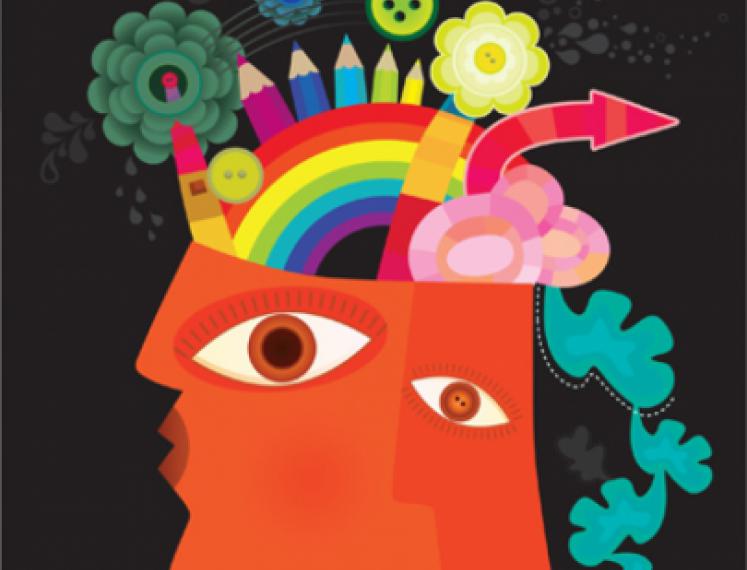Creativity, Flow and Openness to Experience
What enables the greatest heights of human creative expression? Are certain personality traits essential for developing a creative mindset?
What is creativity? Creativity is arguably the most important outcome in the 21st century. But what enables the greatest heights of human creative expression—from the arts to science to business? Are certain personality traits essential for developing a creative mindset? Recent research in psychology and neuroscience suggests that flow— the mental state of being completely present and fully immersed in a task— is a strong contributor to creativity. When in flow, the creator and the universe become one, outside distractions recede from consciousness and one's mind is fully open and attuned to the act of creating. Since flow is so essential to creativity and well-being across many slices of life— from sports, to music, to physics, to religion, to spirituality, to sex— it's important that we learn more about the characteristics associated with flow so that we may all learn how to tap into this precious mental resource. How can we induce flow, creativity and openness to experience? Can we apply our scientific knowledge to designing educational interventions that successfully enable children to enter flow and ultimately reach the highest heights of creative expression?
Scott Barry Kaufman is adjunct assistant professor of psychology at New York University. He completed his doctorate at Yale, received a M.Phil. from the University of Cambridge under a Gates Cambridge Scholarship, and completed his undergraduate degree at Carnegie Mellon University. He is co-founder of The Creativity Post, and writes the blog Beautiful Minds for Scientific American Mind.
Interesting links:
Website: Scott Barry Kaufman
Website Scientific American Mind: Beautiful Minds
Website: The Creativity Post



